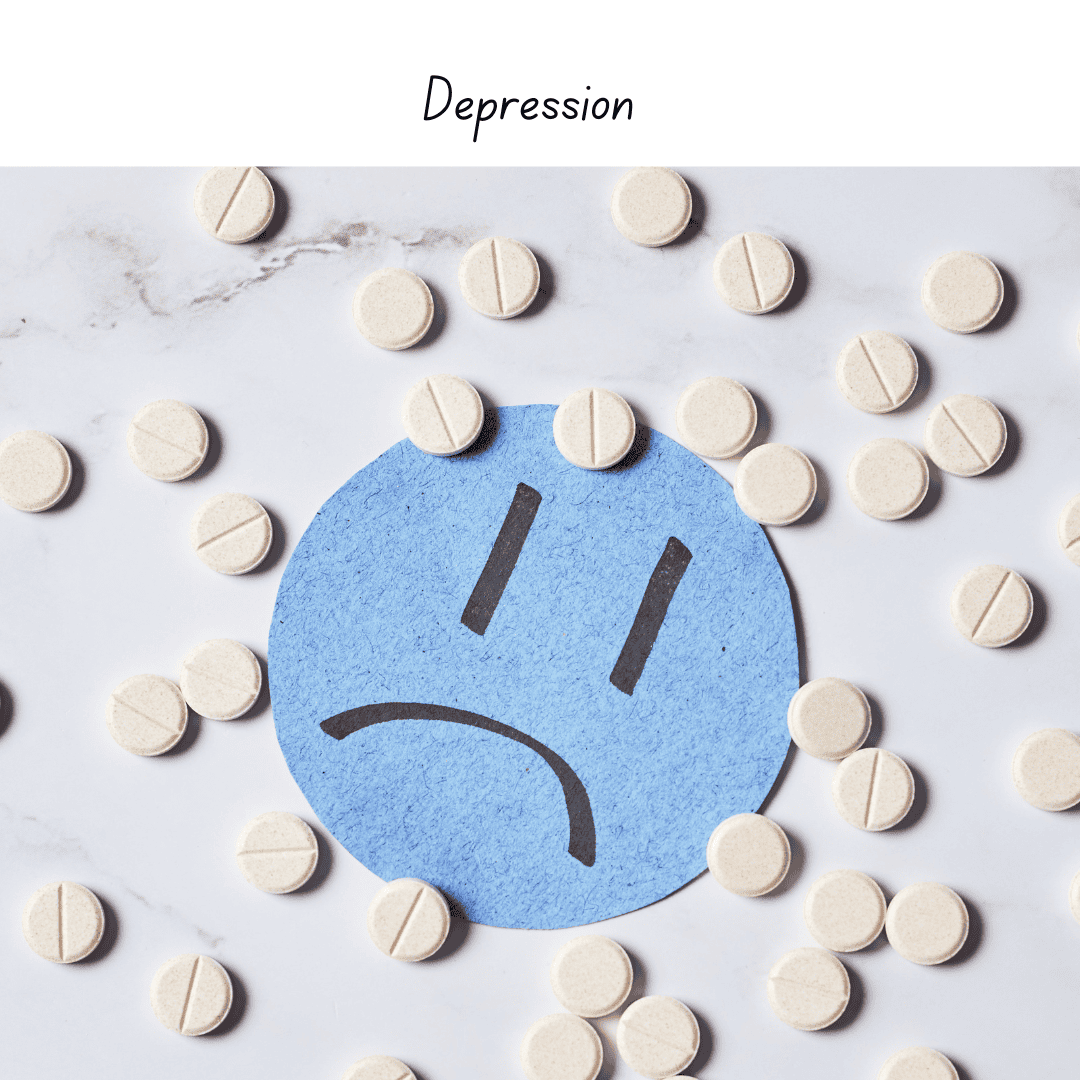How many of y’all are on/have been on/know someone on MiraLax?
I bet just about everyone!
Question: Did the prescribing doctor share any concerns about this medication? Like explaining the pros and cons? You know, good ole informed consent. I bet not!
And as people are learning more, they are beyond angry that they have been on this medication for decades without knowing the risks!
Because there’s PLENTY side effects and warnings about this med but it’s prescribed like candy for constipation – in adults and children alike – and most doctors tell their patients that there’s nothing to worry about!
Even the FDA has not approved its use for children under 17. For those 17 and older it’s labeled for use for no more than 7 days! Yeah, I get it – who trusts the FDA about anything, but they are usually quite favorable to their beloved pHARMa friends! 😊
Even the COMMON side effects are concerning: flatulence, nausea, stomach cramps, diarrhea, swollen abdomen, and rectal hemorrhage. All to “stop constipation”.
WHAT IS MIRALAX?
Miralax is an “osmotic laxative” (vs. stimulant laxative). An osmotic laxative draws water into the intestine to make stool softer and/or easier to pass.
Miralax is chemically polyethylene glycol 3350 (PEG 3350), a chemical derived from petroleum! Its cousin compound is ethylene glycol – known as antifreeze! YUK!!!
No wonder it makes ya poop! 😉
As if this isn’t enough, knowledge of the negatives of Miralax is growing.
WHAT ARE SOME PROBLEMS?
Three main problems exist here:
1. Long-term Constipation Medication Without Understanding the Cause
Don’t you think it’s important to better understand the “WHY” of having constipation? Because simply taking a laxative long-term doesn’t fix any problem – it just forces water into your bowels to soften and pass the stool. You should never be on something like this long-term!
2. Significant Negative Effects on the Gut Microbiome
There’s more and more research coming out about osmotic laxatives and their detrimental effect on the gut microbiome.
One such effect is that it has been shown to increase susceptibility to the potentially very dangerous pathogen Clostridioides difficile (previously Clostridium difficile). In addition, it also blocks it from being cleared from the body. Read more HERE.
Then there is THIS STUDY showing detrimental negative effects from the use of osmotic laxatives on the gut microbiome:
— “decimation of the mucus barrier during osmotic perturbation, followed by recovery” – destruction of the vital protective intestinal barrier.
— “the immune system exhibited temporary changes in cytokine levels and a lasting IgG response against commensal bacteria” – these microbiome species are crucial, immune-protective species and this implies the immune system turning on it’s protective mechanism LONG TERM!
— “Increased osmolality prevented growth of commensal strains in vitro, revealing one mechanism contributing to extinction” – prevention of the growth of critical beneficial species.
These are enormous findings!
The words “decimation” and “extinction” are powerful, right?!
And think about using these products for an extended period. If you continue to take a daily osmotic laxative then there is no opportunity for “recovery” – just more and more decimation and extinction setting you up for a whole host of other diseases – all for the promise of improved constipation.
Even colonoscopy preps are showing significant and long-term gut microbiota changes from before to after the procedure. Specifically, a reduction in the friendly Lactobacillus species and increase in opportunist species that crowd out our “good guys”. And this is just a one-time usage!
THIS STUDY suggests that colonoscopy preps had a long-term effect on the gut microbiome – the study concluded at 1-month post-procedure and the negative changes persisted implying a one-time use had significantly lasting effects on the gut microbiota.
Once again – think of how most people use osmotic laxatives now – daily for years and years!
3. Neuropsychiatric Disorders Noted in Children
First off – a reminder that this laxative is NOT approved for use in children. From drugs.com: “MiraLAX is not approved for long-term use in adults nor pediatric use by the FDA, yet it is commonly prescribed for children, a fact that has given rise to much of the public outcry surrounding its possible link to adverse neuropsychiatric events”.
Here’s more from NIH: “In the pediatric population, the FDA has received reports of seizures, tremors, obsessive-compulsive behaviors (including repetitive chewing and sucking), paranoia and mood swings, tics, headache, sedation, aggression, anxiety, lethargy, and rages with the prolonged use of PEG.”
There are so many side effects being reported that there are two FB groups called “Parents Against Miralax” with almost 100K members combined!
But shouldn’t your conventional doctor know this information? Or will they just continue to prescribe these medications without understanding (or caring about) the destruction that they cause?!
It’s simply UNACCEPTABLE!! Shouldn’t they have a clear understanding of the pros and cons of medications they are prescribing?
A reminder – Lose your good gut microbiome species and you face the potential of intestinal permeability (leaky gut) are significantly predisposed to all sorts of chronic disease from diabetes and autoimmune conditions to neurodegenerative disorders.
Alter the gut microbiome, alter total health!
So, what do we do about constipation then?
I always recommend a GI Map Test so we can learn how your gut microbiome is set up as well as look for the presence of pathogens, yeast, parasites, worms, bacterial opportunists (like SIBO), blocked detox pathways and intestinal inflammation. From those results I make specialized recommendations to get your microbiome back on track.
But in the end, YOU must educate yourself and become your greatest advocate! Don’t blindly trust any medical practitioner – ask the questions and get your answers!
Stay Healthy! 🙂
Dr. K
INTERESTED IN CHATTING WITH DR. KELLEY CLICK ON THE BUTTON BELOW 🙂

